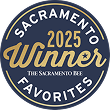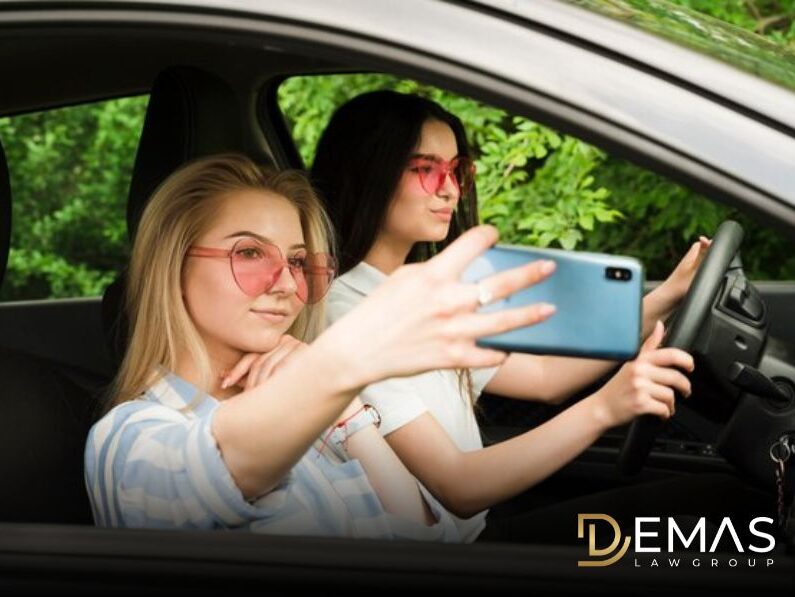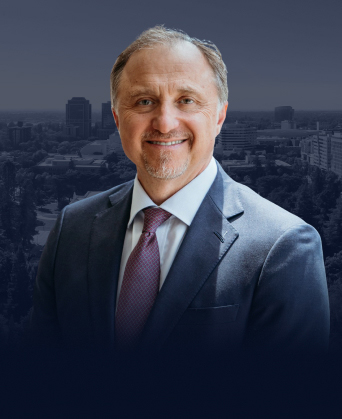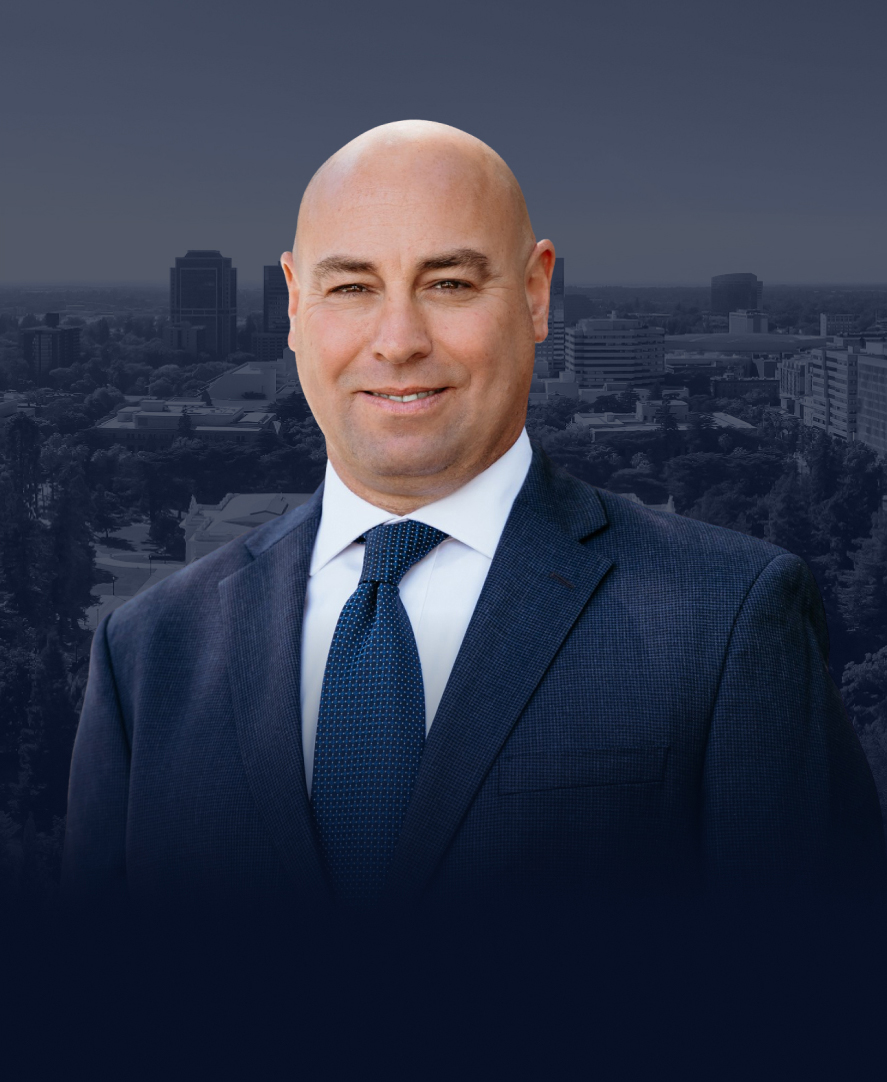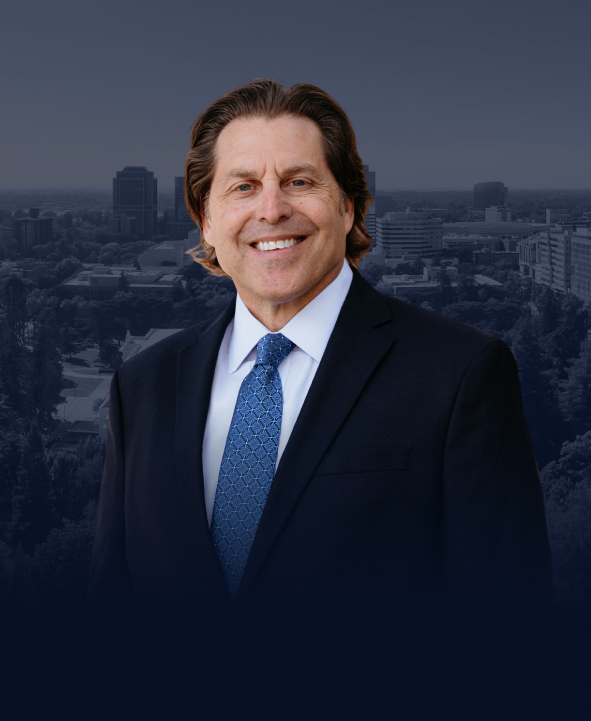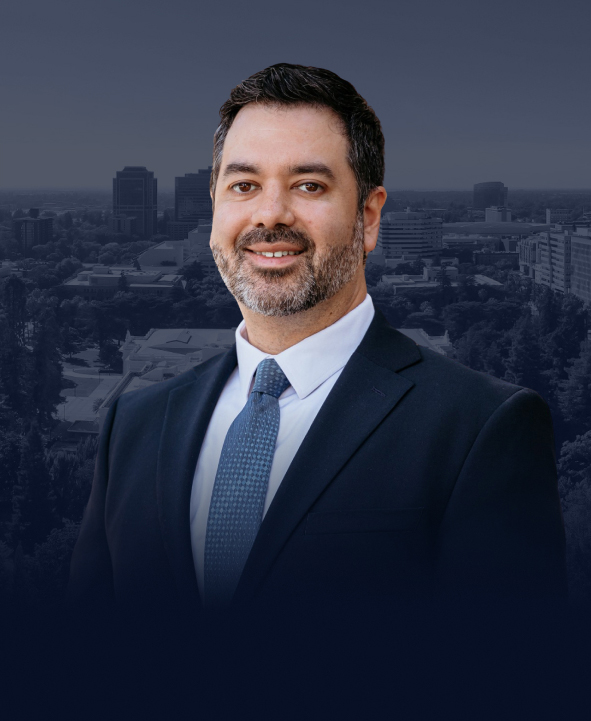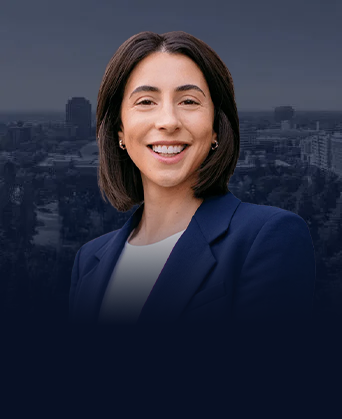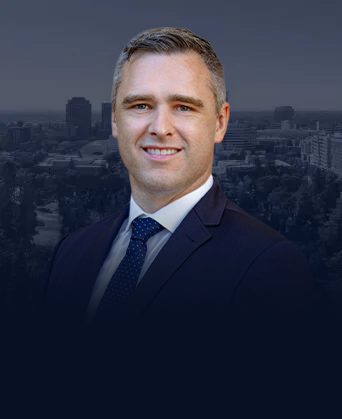California takes the process of licensing new drivers seriously, especially teenagers. The state’s graduated licensing laws aim to help young drivers develop good driving habits and reduce the number of teen driver car accidents. Provisional license restrictions provide a secure environment for new drivers to build their skills behind the wheel. Minors who violate driving laws may face penalties that delay their ability to obtain unrestricted driving privileges. Their parents or legal guardian(s) could also face civil penalties if their child’s actions harm others.
If you were hurt in a car crash because a young driver broke California teen driving laws, you could be entitled to compensation. Contact Demas Law Group today to speak with an experienced car accident lawyer about your legal options.
Elk Grove, California Teenage Driving Laws
In California, teenage motorists receive special driver’s licenses that impose restrictions on their driving. Initial instruction permits help lower the risk of teen auto accidents by allowing them to gain experience in a safe, measured environment and with experienced drivers to act as supervisors.
Graduated Driver Licensing (GDL) Program
Under California’s graduated driver licensing program, teenagers must hold a series of licenses with varying limitations. These restrictions remain in effect until the minor turns 18, when they can obtain an unrestricted driver’s license. The GDL program includes the learner’s permit and the provisional driver’s license.
Learner’s Permit
In California, a teenager may apply for a learner’s permit, also called an instruction permit, once they reach 15-and-a-half years old.
To obtain a California learner’s permit, a teen must complete and submit a DL 44 application form signed by their parent(s) or guardian(s). The applicant must also present a birth certificate, legal presence document, or other government-issued identity document. Applicants must also complete a driver’s education course or enroll in an integrated driver education and training program.
Applicants 17-and-a-half years old may obtain a learner’s permit without completing their driver’s education, although they will only receive a driver’s license once they complete driver’s education or turn 18.
Finally, applicants must pass a vision exam, submit fingerprints, and pass a written knowledge test. Incorrectly answering eight or more questions results in a failure of the knowledge test, and applicants who fail must wait at least seven days before retaking the test.
Teens who receive their learner’s permit may begin driving once their driver education instructor signs it. A learner’s permit allows a teen to operate a motor vehicle with a qualified individual seated in the car in a position to take control, if necessary. Qualified individuals include a licensed:
- Parent or guardian
- California drivers aged 25 or older
- Certified driving instructor
Provisional Driver’s License
California teenagers may apply for a provisional driver’s license when they meet the eligibility requirements, including:
- Being at least 16 years old
- Having held a learner’s permit from California or another state for at least six months
- Providing proof of completing driver education or training
- Providing a parent, guardian, or driving instructor’s signature verifying completion of at least 50 hours of driving, 10 of which must occur at night
Teens applying for a driver’s license must pass a driving test. If they fail the test, they must wait at least two weeks before retaking it, not including the day of the initial test. Teens who fail the test three times must reapply and pay all application fees again.
A minor who receives a driver’s license must observe various restrictions during the first 12 months of holding their license, including:
- Following the teen driver curfew in California by not driving between 11 p.m. and 5 a.m.
- Refraining from transporting any passenger under 20 unless accompanied by a licensed parent or guardian, a California driver aged 25 or older, or a certified driving instructor
Some exceptions apply for teenage drivers, including:
- Medical necessity
- School or school-authorized activities
- Employment
- A family member’s immediate need
- If they are an emancipated minor
In all cases, these drivers must carry a signed note explaining the special circumstance and when it will end.
Cell Phone Laws for Teenage Drivers in Elk Grove
California law prohibits minors from using a cell phone or wireless communication device while driving, even in hands-free mode, unless making a call for emergency services or while on private property.
Penalties for Non-Compliance and Common Violations
Teens who violate provisional license restrictions in Elk Grove will receive penalties such as fines and points on their driver’s licenses. Accumulating two or more points can lead to suspensions lasting from 30 days to six months, along with probationary periods that may result in additional suspensions if the individual accumulates additional points on their driver’s license.
Examples of violations that can lead to penalties for teen drivers include:
- Failing to follow the restrictions of the provisional driver’s license
- Using a cell phone while driving
- Receiving a traffic citation for offenses such as speeding or running a red light or stop sign
- Failure to appear in court for a traffic citation, which will result in automatic suspension of driving privileges until they appear
- Causing a car accident, which will result in a warning for a first collision and suspension of driving privileges for second and subsequent crashes
- Driving with any detectable alcohol or drugs in their system
The Role of Parents and Guardians in Teen Driving
Parents and guardians play an important role in helping teens become safe drivers. First, they can set expectations for their children to follow their license restrictions and applicable traffic laws. Some families develop driving contracts with their teens and outline consequences for breaking the rules.
Parents and guardians should also set aside time to ride with their teens to help them build experience and confidence. Having them drive primarily with other licensed drivers meets the legal requirements for full driver’s licensure, but a parent or guardian’s supervision often commands more respect.
Get Help From Our Elk Grove Car Accident Lawyers
Parents and guardians can be liable for motor vehicle accidents their teenagers cause while driving. If you sustained injuries in a collision, an Elk Grove auto accident attorney from Demas Law Group can help you file a car accident injury claim seeking maximum compensation for your medical treatment, lost wages, and more. Contact our law firm today for a free consultation about your car accident case.
